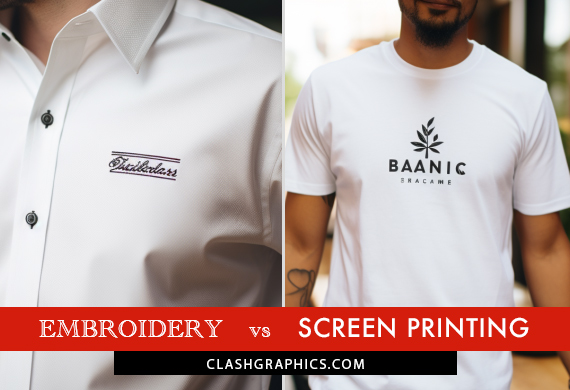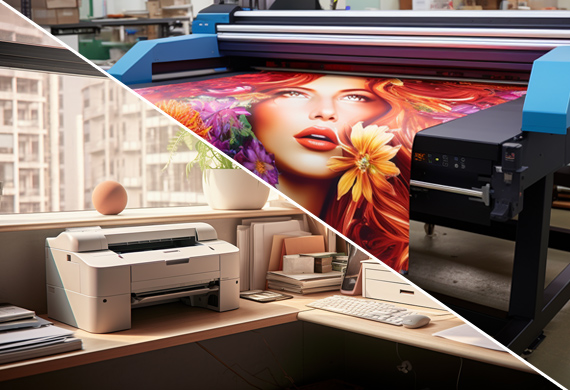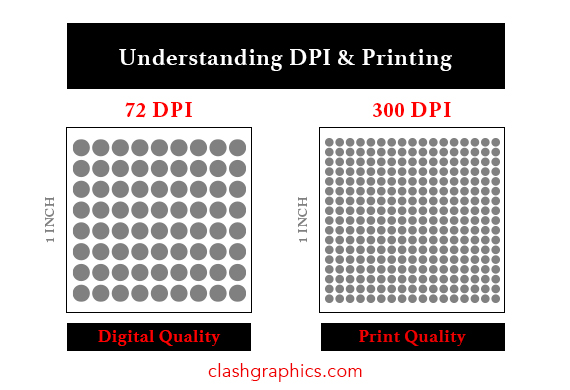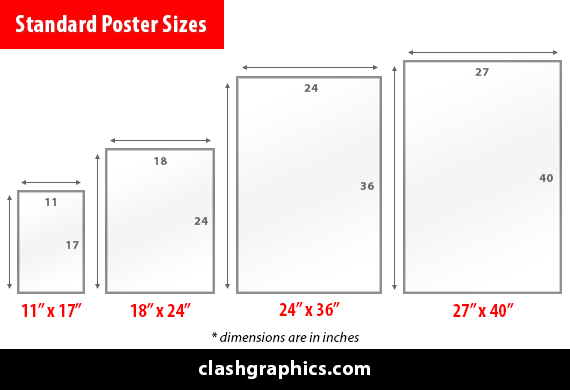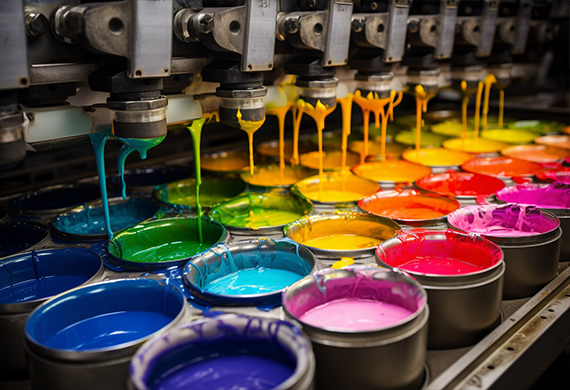Print Finishing Techniques
Posted by Clash Printing Atlanta on 24th Jan 2024
When it comes to print materials, finishing touches can make all the difference. Print finishing is that critical final step that adds beauty and resilience to your products. This article introduces you to the techniques that shape visual identity, p…
read more
